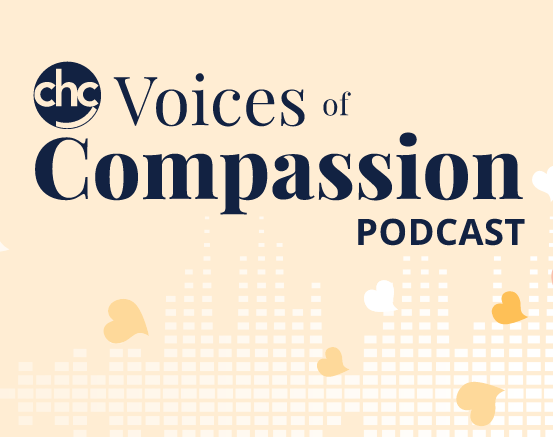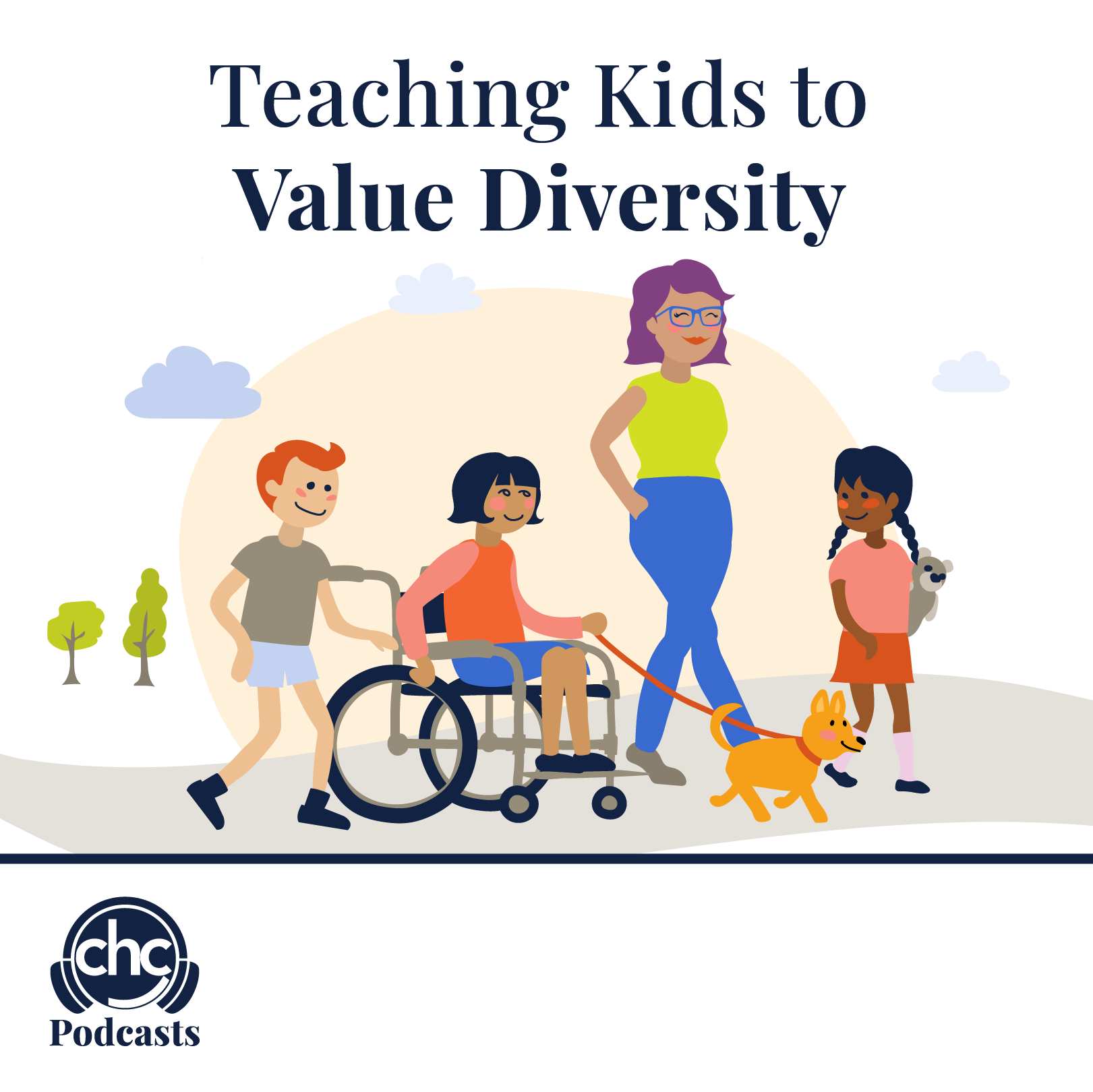How to Talk to Your Kids About the Situation in Ukraine
written by Liza Bennigson, Associate Director of Marketing and Communications
 Last night, my daughter snuck upstairs to say (another) goodnight as I was curled up on the couch, watching the news. While I did manage to quickly hide my secret chocolate stash under a throw blanket, I didn’t pause the TV in time to prevent her from the jarring sight of families desperately fleeing a bombed out apartment building in Ukraine. She looked at me, panic-stricken. “Are we in a war?” she asked. She’s nine, and I didn’t know what to say.
Last night, my daughter snuck upstairs to say (another) goodnight as I was curled up on the couch, watching the news. While I did manage to quickly hide my secret chocolate stash under a throw blanket, I didn’t pause the TV in time to prevent her from the jarring sight of families desperately fleeing a bombed out apartment building in Ukraine. She looked at me, panic-stricken. “Are we in a war?” she asked. She’s nine, and I didn’t know what to say.
I wanted to tell her that yes, there is a war going on, but it’s more than 6,000 miles away; and yes, this is heartbreaking and unfair, but she is safe. I wanted to tell her that yes, there are evil people out there but that most people are kind and good; and yes, the world can be a scary place but we’ll be okay because I am here to protect you. Instead, I looked at her blankly—those big, sad eyes that absorb other people’s pain like raindrops in a puddle. I hugged her close, breathing in the fabric softener smell on her pink flannel nightgown, and I dragged her sweet sleepy body back to bed.
That night, when she couldn’t fall asleep, likely replaying the horror scene from the news in her head, I knew I hadn’t handled it right. It’s so hard not to want to shield our babies (or nine-year-olds, for that matter) from pain and violence and global unrest for as long as we possibly can. But the people of Ukraine don’t have that choice. That luxury of a sound, peaceful sleep. And I want to raise empathic, compassionate human beings who care about purposes larger than themselves. They may not need all the gory details, but they deserve to know when something’s not OK, and that maybe there’s something—anything—we can do to help.
Advice from CHC Experts
As always, when I approach a particularly challenging “Choose Your Own Adventure” chapter in my own real-time parenting book, I reach out to my colleagues at CHC: child and adolescent psychologists, psychiatrists, neuropsychologists, learning specialists, special education teachers, behaviorists, occupational therapists, speech and language practitioners, master’s level therapists and psychiatric nurse practitioners to name a few. “What advice would you give to parents for talking to their kids about what’s happening Ukraine?” I asked.
As always, my CHC colleagues came through:
“Keep it short and simple when explaining to younger children,” says Krislyn Li, special education teacher at EBC School. “Emphasize empathy, validate their feelings, reassure safety and allow them to ask questions.”
CHC’s DEI Program Manager, Leilani Jones suggests that parents create small ways for children to engage with big issues. “I have seen children shut down or become overwhelmed by learning of a big problem that, in their eyes, has no clear solution. By providing them with some ways to engage, we are modeling how to approach conflicts with empathy.”
“Particularly if your child is likely to encounter the subject matter elsewhere, it’s important to ground them with context so they can engage thoughtfully in out-of-home conversations and provide them with options for how they might respond or get involved,” says Leilani.
She gives the following ideas:
- For younger children: Draw a picture together for Ukrainian children and put it on your door for everyone to see.
- For older children: Teach them to be supportive of friends who may be struggling and how to be an ally, donate items/money together.
- For those on social media/online: Share reliable sources with them and teach them how to manage their intake of information to avoid becoming overwhelmed or misinformed.
Vaneza Alvarado, AMFT acknowledges that, as parents, we don’t have all the answers. And that’s OK. We can say something like, “The decisions made by adults are difficult to understand, especially when they affect everyone, young and old. You may hear or see about the sad and unfortunate events happening in Ukraine. I can’t explain everything, but I can help by listening and answering what I can. These things can make us feel anxious, just know I’m here to support you.”
Alexa Tangalos, MEd reminds us that this is a terrible situation for both Russia and Ukraine, and we want to be sure we don’t inadvertently teach our kids to blame the aggressor country’s people for decisions they have no control over.
Middle School Teacher Valerie Stephens reiterates the importance of staying calm, reassuring, and honest with your child. “Use accurate language, but make sure it is not charged. Encourage questions and conversation that inspire an empathetic perspective. Many children feel a sense of agency if they take an active, positive role through fundraising or donations. This could be in a small way or a larger, more organized effort at school, like a bake sale, to fundraise or support the victims of the war in Ukraine. Try not to have your child exposed to too much information on the news, especially graphic images and reports, so they are not emotionally overwhelmed. Provide consistency and comfort in their life and routines to help ensure they feel safe.”
Most importantly, Ms. Stephens suggests, “make sure they feel protected and loved.”
Do you need someone to talk to? CHC Care Coordinators can arrange a free 30-minute consultation so you can explore options with an expert. We invite you to call or email us at 650.688.3625 or careteam@chconline.org to set up an initial Parent Consultation appointment. CHC teletherapy services are available now.





